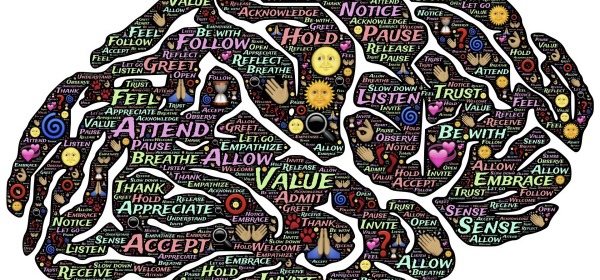Professor Michael Spitzer says that humans have been making and learning to recognise music from the moment our species learned to walk on two legs.


Professor Michael Spitzer says that humans have been making and learning to recognise music from the moment our species learned to walk on two legs.

In both the UK and the US, school music is facing continuing pressures. Yet at the same time, there continues to be growing evidence for the cognitive benefits of music learning.

Charlie Swan, an Early Years and Special Needs Teacher, presents literature outlining how music can help with behaviour and co-regulation of children in the early years phase of education.

Rhythm begins in the womb and the heartbeat. And recent findings in neuroscience reveal that for the rest of our lives, rhythm will continue to have a fundamental impact on our ability to walk, talk — and even love.

Nina Kraus, Hugh Knowles Professor, and Travis White-Schwoch, senior data analyst, both at Northwestern University, argue that music education should be part of every child’s curriculum.

This article by Gideon Waxman is a helpful reminder of just how important mindful listening is, as part of music education.

Emily C. Fransen, a professor at the University of New Orleans and a private piano teacher for children and adults, believes teachers must adapt their skillsets to accommodate children who struggle with mental health issues.

A new podcast by Anita Holford, co-editor of Music Education Works, features Australian music educator and researcher, Dr Anita Collins. You may know Anita from her TED Ed lesson, How playing an instrument benefits your brain, and her TEDx talk, What if every child had access to music education from birth? And more recently, she’s starred in the Australian version of a British TV show, ‘Don’t Stop the Music’.

Edward R Howe, associate professor at Thompson Rivers University in British Colombia, Canada, asks what can be done to support and encourage music education for all?

With Olly Murs and other stars performing in a major mental health fundraiser a couple of weeks ago, Music 4 Mental Health, music and mental health is in the headlines again. Most of us have used music at some point to improve our mood or add atmosphere to our surroundings. But how does music impact on our emotional wellbeing and how can you use it to improve your own or others’ mental health?

Beatboxing can help young people overcome speech problems, and some neuroscientists think it could help to unlock the brain’s potential.

Urban music is an economic success story, but music education is not serving the young creators of this work, many of whom come from diverse and working-class backgrounds.